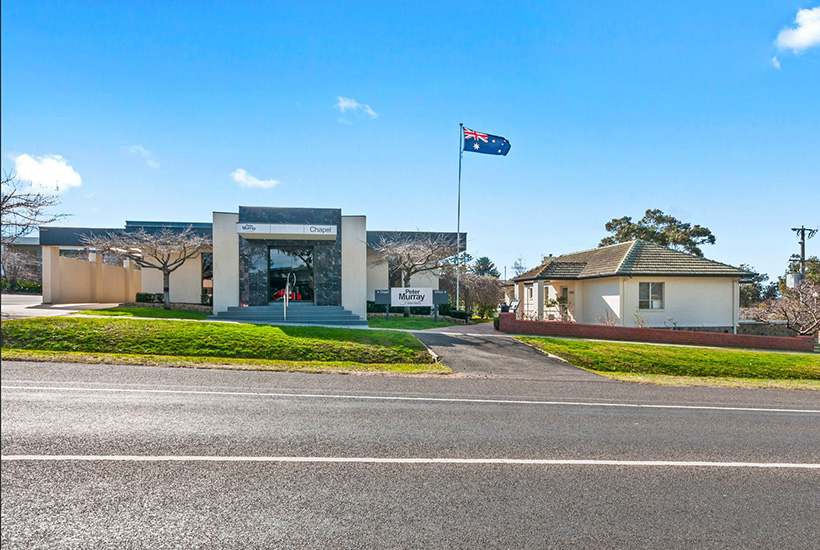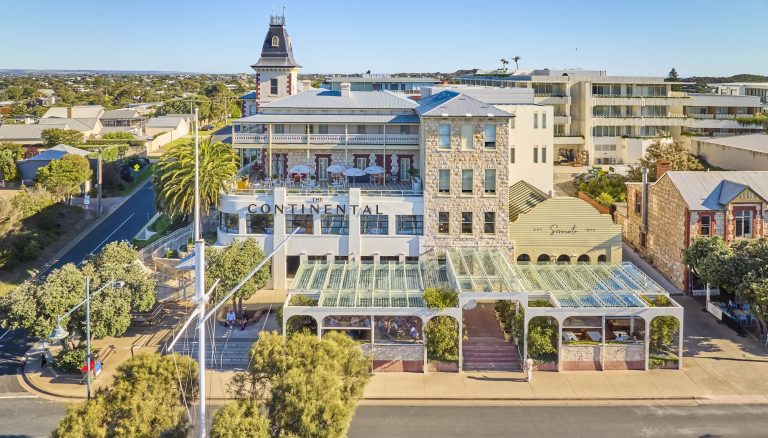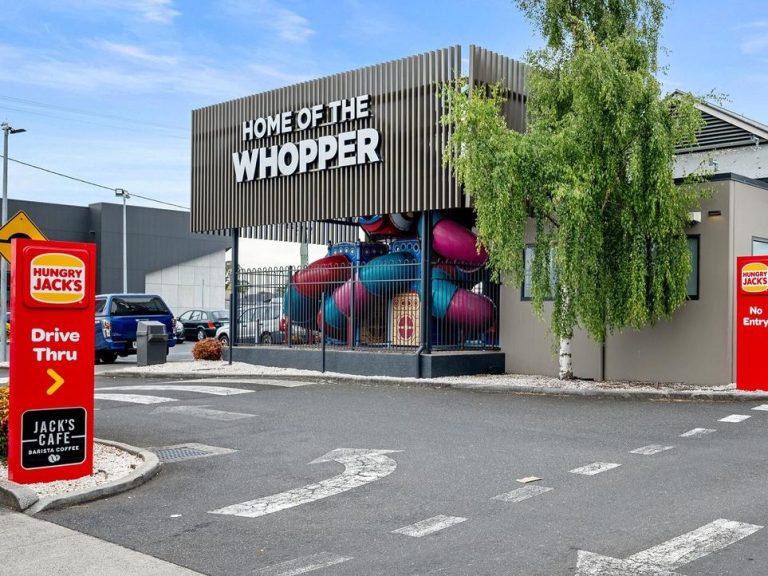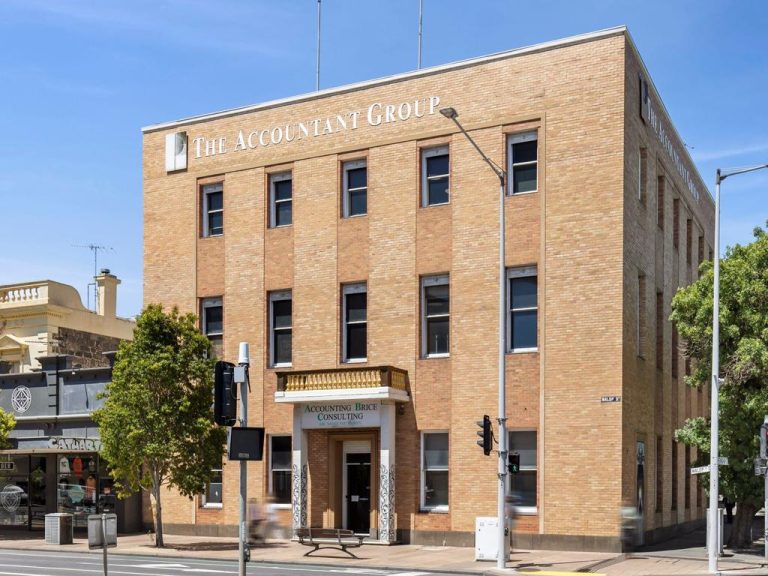What you need to know before buying a funeral home

Traditionally, funeral homes have been family businesses handed down through generations.
But as an essential service and with increasing demand, funerals are increasingly being seen as an attractive and unique business opportunity.
Here’s what you need to know about buying a funeral home.
Who buys funeral homes?
It is estimated there are around 800 individual funeral businesses in Australia, and generally there are two types of buyers for a funeral home, according to funeral industry accountant and partner at MGR Accountants, Peter Mulqueen.
Firstly, there are people wanting to operate them as a small business, and secondly there are larger corporations such as the ASX-listed Invocare.
Increasingly, due to the attractiveness of the consistent rental returns, there are also people who want to own funeral assets as a landlord.
“With any potential sale you have plenty of potential suitors,” Mulqueen says.
Getting into the funeral business
It may sound morbid, but plenty of people are attracted to a career in the funeral industry.
However Mulqueen, whose family has been running funeral homes for more than 100 years, says it takes a particular type of person that is caring and committed.
He says interaction with families is the number one priority as you are being trusted with their loved one.

Funeral homes are sought after as they will always be an essential service.
“The most important thing for funeral services is the experience and quality of service,” he says.
“You may not need to necessarily have the best location with the best facilities as long as you are providing a service that resonates with the family and is above and beyond their expectations.”
“I don’t know how many times I have heard it when I have been involved with the sale of a funeral home that the seller says ‘I need somebody to look after my staff and that the new people need to look after my families’.”
Do you need licences or training?
The good news is there are few barriers to entry when it comes to starting out, and funeral directors do not need a licence to operate.
“There are courses out there and they can be very advantageous, but few people have done any structured courses because there are few options available in Australia,” Mulqueen says.
However, not just anyone can walk and purchase a funeral home.
“It depends on the person who is selling,” Mulqueen says.
“Often, it’s not always around price. Because people are so engaged in this industry, sellers want to ensure experience and compassion, so it is what the potential buyer brings to the table.”
“Price is important but the seller also needs to feel comfortable with the potential purchaser before they take the next step.”
Though there isn’t a requirement for a licence, the Australian Funeral Directors Association (AFDA) has a detailed code of conduct and ethics to guide operators.
Are there any laws?
While licences aren’t required to run a funeral home, some law s differs by state when it comes
For example, whether you are permitted to have a crematorium attached to the property depends on which state you’re in.
“In Queensland and New South Wales buyers look for cremation facilities, but in Victoria private ownership of crematoriums is not permitted,” Mulqueen says.

Funeral homes should have seating for at least 50 people, and preferably more in metropolitan areas.
Similarly, not all buildings are permitted to hold funerals, so do your homework with the local council.
“Each council has their own zoning requirement so it will depend on that. Usually if it’s in an area zoned business or industrial then it’s not a problem,” Mulqueen says.
“But people are very apprehensive about having mortuaries in their neighbourhood, so you may get objections once you advertise your intention to set up a new parlour in a residential area.”
What to look for in a funeral home
There are specific things to look for in a property if you are purchasing it as a funeral home.
“If you are buying a funeral home it needs to be functional,” says Mulqueen.
“The preference would be to have a chapel and mortuary facilities and then the facilities to see families to arrange funerals plus an office and logistical area.”
In some cases, Mulqueen says operators have a second location where the mortuary exists and use a higher profile location only for funerals and meetings.
What size?
In terms of size, it’s best to have a property that can accommodate a minimum of 50 people at a chapel service.
But Mulqueen says ideally your property should be able to provide for 200 attendees in metropolitan areas and preferably have two access points.
Having enough room to run two funerals at once is also beneficial as it increases efficiency as well your bottom line.
If you are trying to gauge whether a property or business is a good choice, Mulqueen advises to “check the number of funerals undertaken by the facility, make sure they are consistent over the past five years or growing, not going the other way, and of course they must be profitable.”







